Frederick Douglass's `Amazing Job' Started With His First Book
The Washington Post
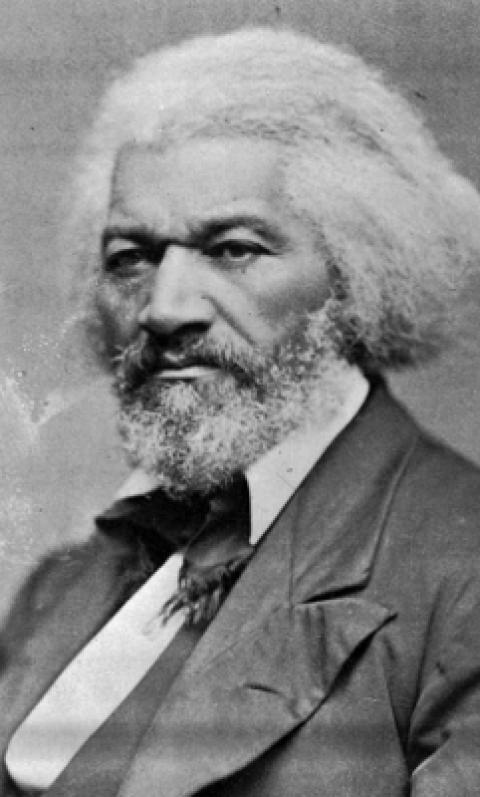
Forget that Donald Trump said something commendable about Frederick Douglass--perhaps a first for Trump--the autobiography of Douglass is a classic, and reading it again is a fit way to commemorate Black History Month. Washington Post book editor Ron Charles gives ample reason why.

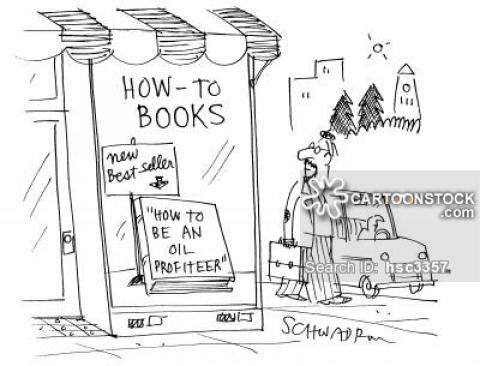

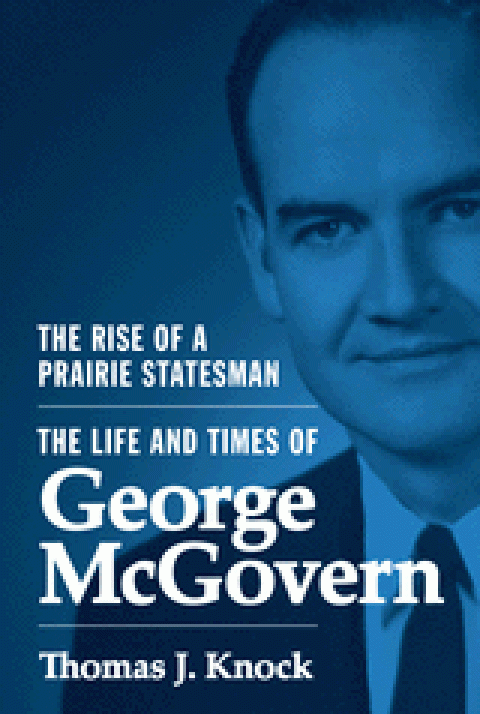
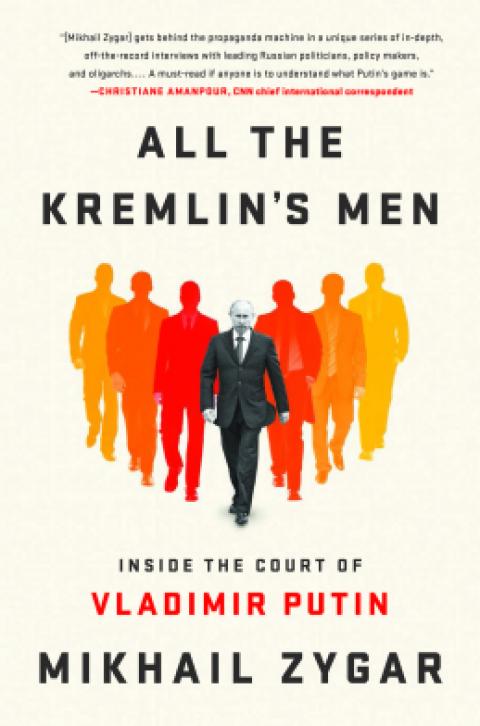
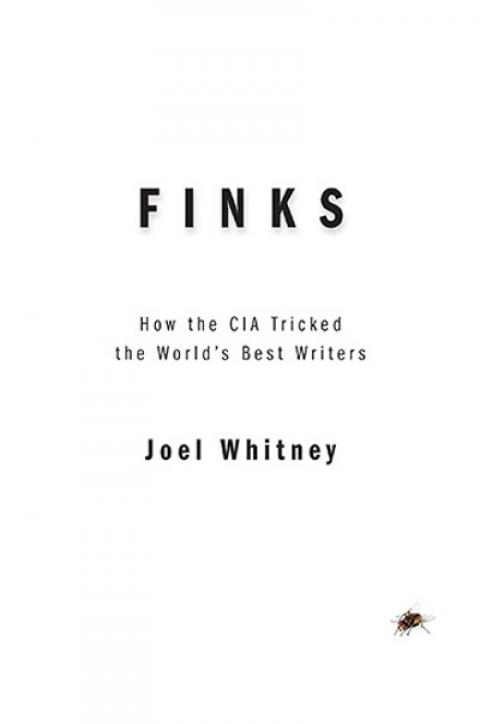
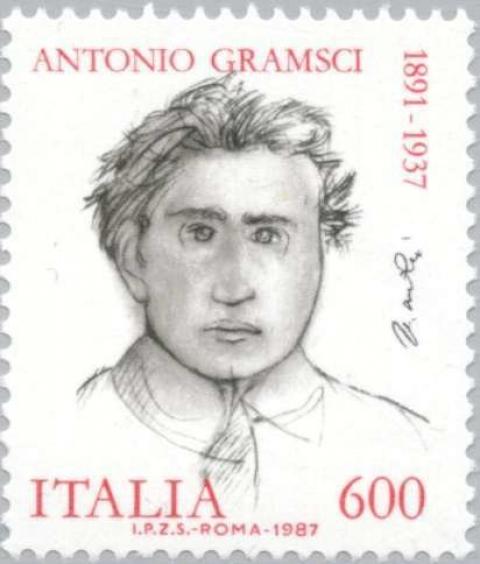
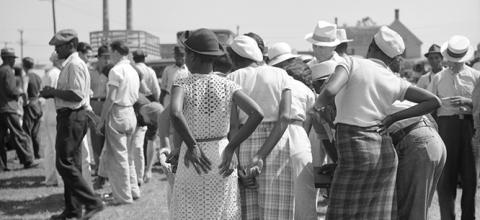
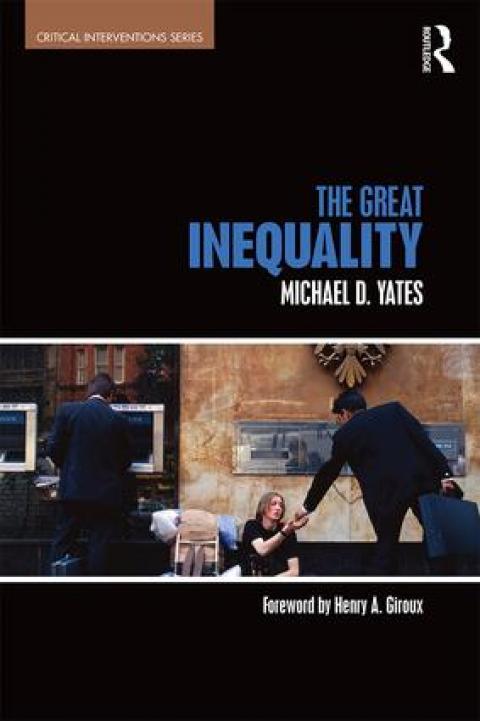
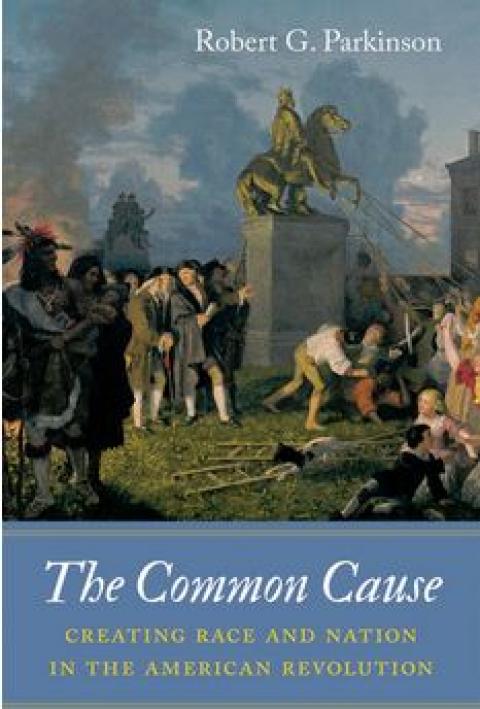
Spread the word